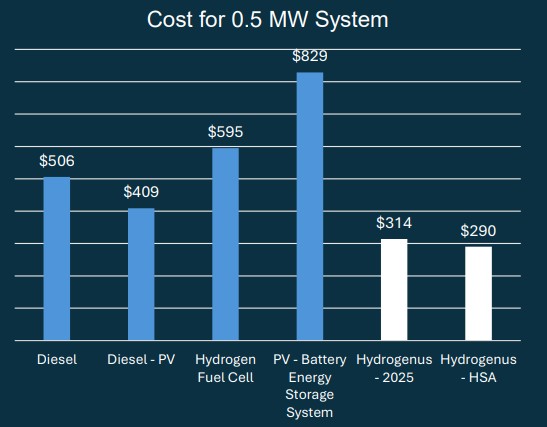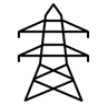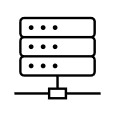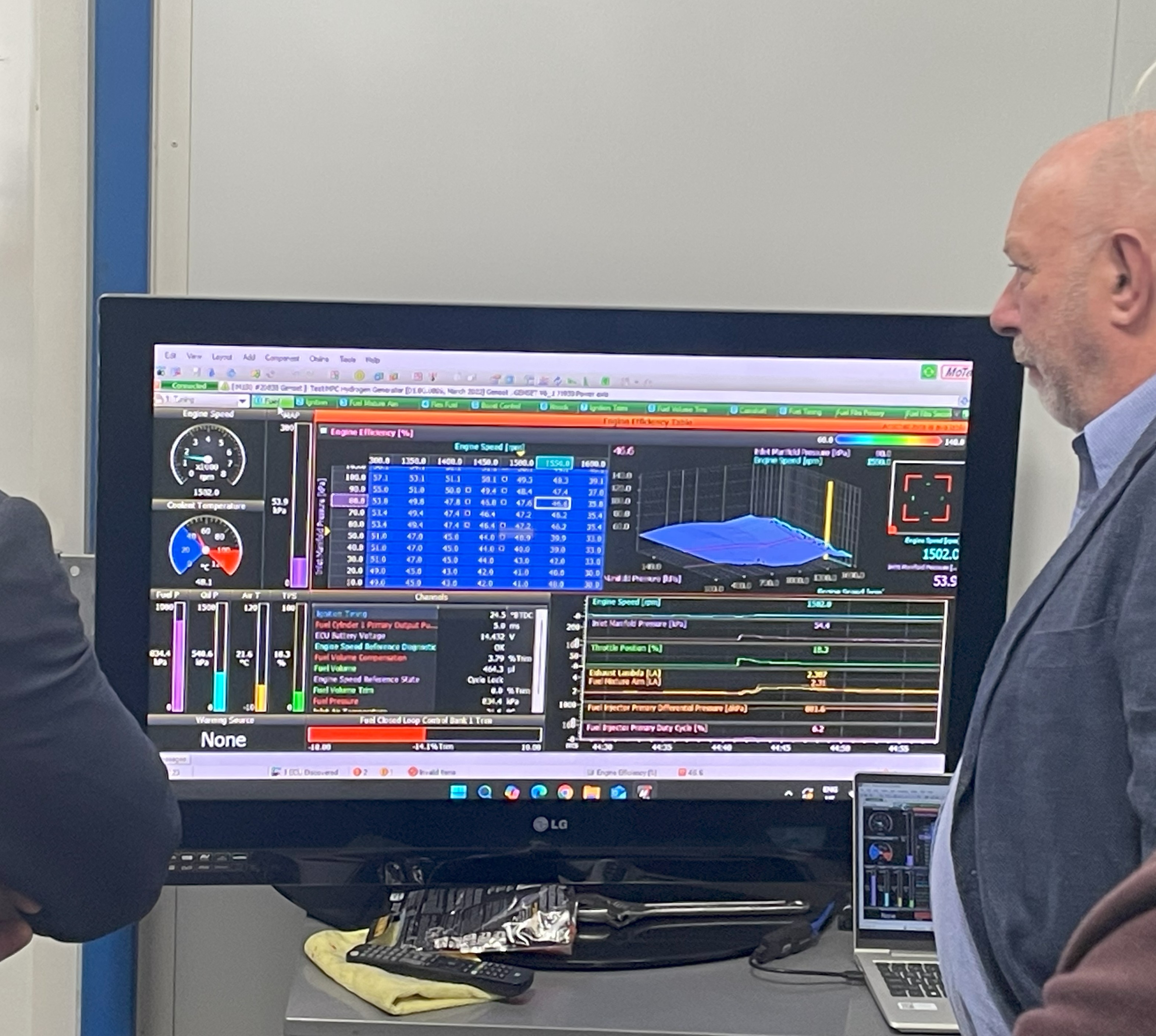Ideal for grid forming, grid syncing and microgrid applications
Hydrogenus Energy Limited (“HYE”) has developed and patented the modifications required for an Internal Combustion Engine (ICE) to be safely, effectively, and efficiently operated using hydrogen as its sole fuel.
HYE-ICE is designed for stationary applications, such as power generation. It has many technical advantages over other methods for remote, off-grid or back-up power, in that it:
The HYE-ICE offers many commercial advantages:
As part of a system, the HYE-ICE can provide carbon-free electricity on demand at a lower cost than any other system for our target markets. HYE has been rigorously tested and is certified to Australian standards.
Australian Provisional Global Patent Application No. 2024900658.

Test facility in Melbourne, Australia
Hydrogenus Energy calculated all-in costs for electricty on demand in off-grid areas.


Note: All in costs are in $AUD and includes a fair value for debt + equity, sustaining capital and operations
Hydrogenus Energy takes surplus renewable energy that would otherwise be curtailed and converts into hydrogen for fuel. Allowing renewable energy generation to maximise their ROI at a price point that is cheaper than a battery solution.

The benefit of using hydrogen fuel is that it is a zero-carbon fuel, meaning that at the point of combustion, there is no residue or tiny solid and liquid particles suspended in the exhaust. These particles, often called soot or black carbon, are a mix of carbonaceous material, sulphates, nitrates, and other compounds.
The key benefits are:

Hydrogenus Energy provides an immediate back-up electricity supply for the grid or any other significant load requiring high-quality electrical power. It performs grid forming, with grid syncing, providing inertia to the grid to keep the current stable and avoiding voltage surges and tripping.
What is Grid Forming? Grid forming is a control capability of inverters in power systems that allows them to independently set and maintain the system's voltage and frequency, mimicking the behavior of traditional synchronous generators. A critical element for the successful introduction of intermitted renewable power such as solar and wind.

Hydrogenus Energy provides a practicable solution by storing surplus energy that would have otherwise been curtailed into hydrogen on-site. Using hydrogen as the battery enables renewable energy to be deployed into the grid at a time when demand is high.
What is Grid Firming? Grid firming is the process of balancing electricity supply and demand, particularly for variable renewable energy sources like wind and solar, by ensuring a reliable and consistent power output is available whenever needed.

Hydrogenus Energy provides a proactive response for communities, organisations, and industries that are disconnected from the grid, require backup energy, and/or are looking for alternatives to diesel-fueled generators.
Hydrogen can be sourced from “bottles” or produced on-site using electricity from wind turbines and/or PVs.
What is a Micro Grid? A microgrid is a localized energy network that generates, stores, and distributes electricity for a specific area, like a community or a large facility. Unlike a traditional grid, it can operate independently in a power outage.

Hydrogenus Energy provides a bespoke energy solution suitable for most industry verticals. There is also the potential to take whole building off the grid when there is suitable space to locate an engine and storage.
Hydrogenus is an ideal solution for organisations that need to consider the ESG obligations.
What are Industry & Built Environments? Bespoke energy solutions for manufacturing facilities and mission critical infrastructure that need to meet ESG obligations and or secure backup facilities.

Hydrogenus Energy delivers dispatchable and or backup power for data centres, in that the response times to fluctuations in energy frequency are virtually instantaneous. A secondary consideration for data centres is that when burning hydrogen as a fuel, water is the natural byproduct. Water is a significant contributor to meeting the cooling requirements of a data centre.
What are data centres? A data centre is a physical facility or location housing computer systems, servers, storage devices, and networking equipment needed to store, process, and distribute large amounts of data and applications for businesses and organizations.

Hydrogenus Energy presents an actionable and practicable solution for diesel engine (fossil fuel) replacement. By mid/late 2026 Hydrogenus is expecting to be able to demonstrate the ability to transport ammonium hydroxide to a location and then crack the liquid into hydrogen fuel on site.
Providing safe, price competitive fuel security for remote locations, using engine technology that is typically well understood.
What is Diesel Replacement? Diesel remains, in most circumstances, the default fuel for remote locations. Any move to reduce the cost, logistics and environmental impact is highly regarded.
Hydrogenus Energy Intellectual Property extends to the code for the Engine Control Unit "ECU".
The ECU governs the engine's operations and manages all aspects of the engine performance, response times and reporting.
The ECU provides a secure remote communication environment and is protected by sophisticated encrypted security.
